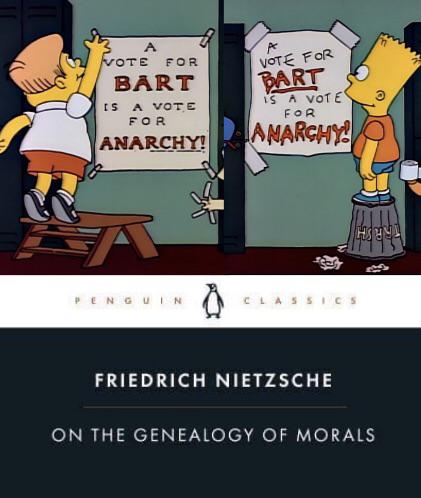"The whole historic existence of mankind is nothing else than the gradual transition from the personal, animal conception of life (the savage recognizes life only in himself alone; the highest happiness for him is the fullest satisfaction of his desires), to the social conception of life (recognizing life not in himself alone, but in societies of men—in the tribe, the clan, the family, the kingdom, the government—and sacrifices his personal good for these societies), and from the social conception of life to the divine conception of life (recognizing life not in his own individuality, and not in societies of individualities, but in the eternal undying source of life—in God; and to fulfill the will of God he is ready to sacrifice his own individuality and family and social welfare).
The whole history of the ancient peoples [even 75k+ years ago], lasting through thousands of years and ending with the history of Rome, is the history of the transition from the animal, personal view of life to the social view of life. The whole history from the time of the Roman Empire and the appearance of Christianity is the history of the transition, through which we are still passing now, from the social view to life to the divine view of life." - Leo Tolstoy, The Kingdom of God Is Within You
"Blessed (happy) are the meek, for they shall inherit the Earth." - Matt 5:5
"Your kingdom come, your will be done, on earth as it is in heaven." - The Lord's Prayer, Matt 6:10
“The people of this age marry and are given in marriage. But those who are considered worthy of taking part in the age to come and in the resurrection from the dead will neither marry nor be given in marriage, and they can no longer die; for they are like the angels." - Luke 20:34, Matt 22:29, Mark 12:24
Not the traditional Christianity: Revelation this or supernatural that; one that consists of a more philosophical—objective interpretation of the Gospels that's been buried underneath all the dogma. One that emphasizes the precepts of the Sermon On the Mount - Matt 5-7 (https://www.biblegateway.com/passage/?search=Matthew%205&version=ESV), debately, the most publicized point of Jesus' time spent suffering to teach the value of selflessness and virtue, thus, the most accurate in my opinion—mimicking Moses, bringing down new commandments; none of which even hint or imply anything regarding the Nicene Creed interpretation. Tolstoy learned ancient Greek and translated the Gospels himself as: The Gospel In Brief, if you're interested. This translation I've found to be the easiest to read:



